Bleaching Your Hair with Coconut Oil – A Step by Step Guide
Ditch the chemicals and dive into the goodness of natural oil to bleach your hair

Image: Shutterstock
Hair bleach contains harmful chemicals that can cause hair damage. But bleaching your hair with coconut oil may reduce the adverse effects to some extent. Applying the oil to your hair can reduce protein loss (1).
Our hair is made with a protein known as keratin, and bleaches can strip off the natural hair oil (sebum) and protein from hair. They may also make your hair rough, dry, and brittle. But this hair oil works great on your hair and prevents all the damage caused by the bleaching process. This article explores a step-by-step guide to using coconut oil for bleached hair and its benefits. Keep reading.
In This Article
Using Coconut Oil For Bleached Hair: A Step by Step Guide
Here is how you can do a coconut oil treatment before hair bleaching at home.
Step 1: Melt The Coconut Oil
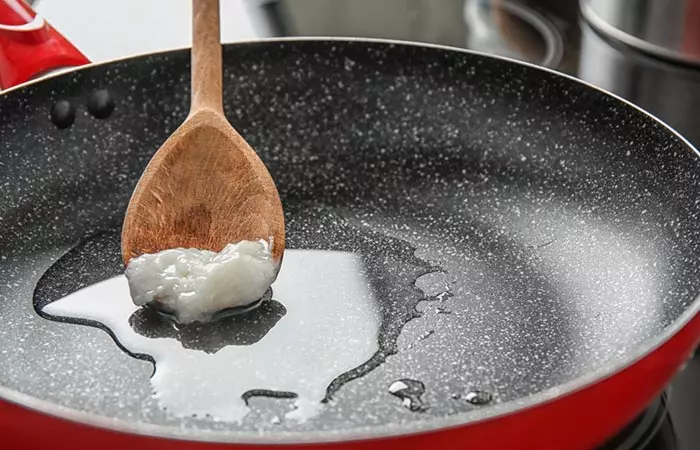
If the coconut oil has solidified, scoop out a small quantity, and use the double boiler method to melt it. If you have short hair, you may rub the solidified oil between your palms and then apply it to your hair.
Step 2: Separate The Hair Into Sections
Part your hair into three sections before applying coconut oil. This will ensure all the hair strands are evenly coated with the oil.
Step 3: Coat Your Hair With Coconut Oil
Gently massage the coconut oil from the roots to the tip, one section at a time. Do not rub vigorously. Work along the length of your hair.

 Quick Tip
Quick TipStep 4: Cover Your Hair
Cover your hair with a shower cap or a scarf and leave it overnight
. This will allow the coconut oil to penetrate the hair shafts.
Step 5: Bleach Hair With Coconut Oil In It
Apply bleach to the oil-coated hair. The oil creates a barrier between the bleaching agent and the hair, minimizing the damaging effects of the hair bleach.
Leave the bleach on for the prescribed time and then wash your hair with a mild shampoo. If you are wondering what type of coconut oil you should use on your hair, keep reading.
Key Takeaways
- Bleaching can strip your hair of natural oils and cause extensive hair damage.
- Using coconut oil before bleaching keeps your hair hydrated, reduces protein loss, and avoids dryness and split ends.
- Ensure you coat your hair from the roots to the tips and leave it overnight to allow the oil to work.
- Unrefined or virgin coconut oil is ideal for application as it retains all the natural nutrients and protects the hair from further damage.
What Type of Coconut Oil is Right for your Hair?
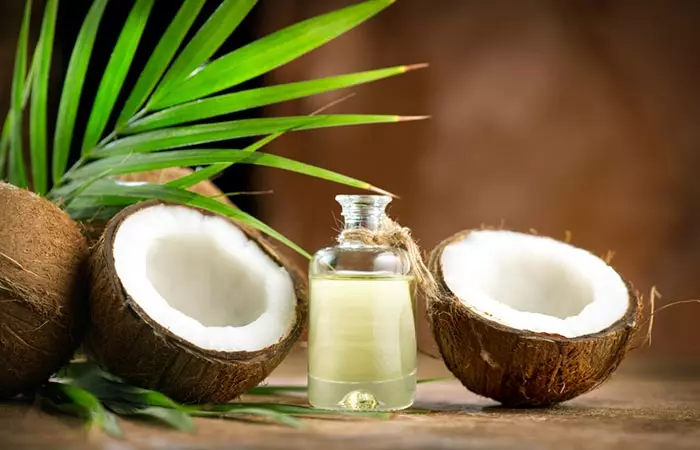
It is always better to use unrefined or virgin coconut oil compared to processed coconut oil. This is because virgin coconut oil is extracted with the cold-process method that keeps all the nutrients intact. Further processing may cause nutrient loss.
Coconut oil is a triglyceride of lauric acid and has a low molecular weight. As a result, it easily penetrates the hair shafts and protects the hair protein (1). Virgin coconut oil is considered to retain all the goodness of the oil.
Here is how coconut oil may help protect your hair from harsh bleaching agents.
Benefits of Using Coconut Oil Before Hair Bleaching
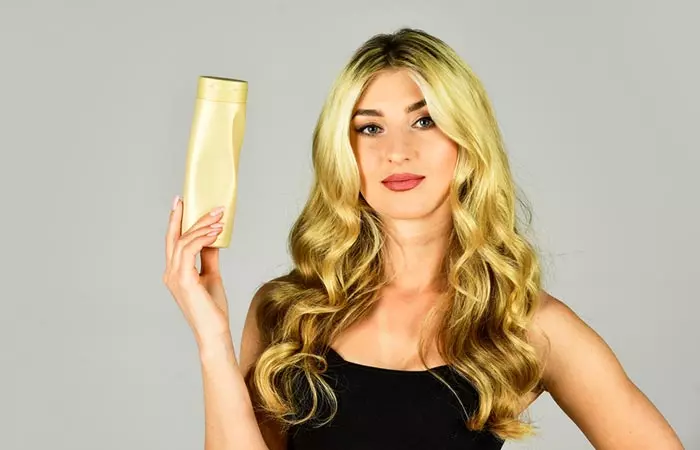
Coconut oil is popular in natural hair care routines due to the major role it plays in hair health. You can incorporate it into your hair treatment regimen, follow hair care tips, and use high-quality hair care products to improve the appearance of your hair. Achieve hair damage prevention while enhancing your hair color with coconut oil. Here are some of its major benefits:
- Using coconut oil as a pre-wash hair mask reduces protein loss and minimizes further damage caused by bleaching.
- Coconut oil helps the hair retain moisture (2). This, in turn, keeps the hair soft and nourished. Using coconut oil on bleached hair can help reduce dryness and keep the hair moisturized, making it a great choice to hydrate your hair after bleaching. However, there are more steps to hydrate your hair after bleaching that you should know about to further enrich your hair.
- Since coconut oil penetrates the hair shafts and keeps them moisturized, it also prevents split ends.
Maborosi, a blogger documenting her hair and product experimentation, shares her experience with bleaching with coconut oil. Reflecting on the process, she says, “I think the biggest player in this whole game was the coconut oil soak prior to bleaching. It is important that the coconut oil is able to penetrate the hair, so I was sure to do a good clarifying wash to remove any build-up that might prevent it from doing so (i).”
 Quick Tip
Quick TipWhile coconut oil offers numerous benefits, it has some potential downsides too. Scroll down to learn about them.
Side Effects Of Coconut Oil For Hair
- Excess use of coconut oil can make your hair look and feel greasy and heavy.
- Coconut oil can be difficult to entirely rinse off and may result in residue buildup.
- Some people may be allergic to coconut oil and its proteins, and may experience itching, redness, or hives upon application.
- It can clog hair follicles and may cause or worsen existing dandruff or other scalp issues.
- It may weigh down fine or thin hair and leave it looking stiff or waxy.
Now, we know the side effects of coconut oil for hair also. Hence, make a wise choice after evaluating everything. However, after bleaching hair, it is crucial to keep some aftercare tips in mind to keep your locks healthy and shiny for a longer time.
Aftercare Tips For Bleached Hair
Here are some tips to help keep bleached hair healthy and strong after treatment:
- Use a gentle shampoo made for color-treated or bleached hair to prevent further dryness.
- Bleaching will pull the moisture out of your hair, making it look lifeless. When you bleach it for the first time, your hair will have a lot to take in. Deep conditioning weekly is recommended to restore moisture and strengthen hair. You may use hair masks, as they will deeply hydrate your hair and give it the much-needed moisture and life.
- Limit the use of your straighteners/hairdryer/curling iron as much as possible. Bleach makes your hair brittle and dry, so that, combined with intense heat, only causes your hair further harm. In addition, it is crucial to limit sun exposure by wearing a hat, as UV rays further damage your bleached hair.
- Sleep on a silk pillowcase to reduce friction and keep hair smooth.
- Avoid tight hairstyles that can cause breakage in weakened, bleached hair.
Infographic: Ultimate Guide To Bleach Your Hair With Coconut Oil
Bleaches comprise harmful chemicals that remove the natural, protective oil (sebum) on the scalp and keratin from hair. However, bleaching your hair with coconut oil levels protein loss and decreases their adverse effects to some extent. Let’s look at a step-by-step guide on how to bleach your hair with coconut oil.
Some thing wrong with infographic shortcode. please verify shortcode syntax
Constant usage of hair bleach can strip your hair of natural oils and make your hair dry. You can instead opt for bleaching your hair with coconut oil. Coconut oil is a nutritionally-rich ingredient that reduces protein loss and keeps your hair hydrated. Before bleaching your hair at home, it is wise to read about how to look after your bleached hair to achieve soft, healthy, and nourishing hair. Make sure that you purchase either unrefined or virgin coconut oil to reap the benefits of coconut oil for your bleached hair.
Frequently Asked Questions
Does coconut oil prevent bleach from working?
A thin layer of coconut oil may not prevent the bleach from working but may ensure minimal damage.
Should I put coconut oil in my hair before I dye it?
Yes. You may apply a thin layer of coconut oil to your hair before you dye or bleach it to prevent chemical damage.
Will coconut oil make my bleached hair brassy?
No. On the contrary, coconut oil can protect your hair’s color and maintain its health and shine.
Can I use coconut oil immediately after bleaching?
Yes. You can use coconut oil as a mask or conditioner after bleaching, and it will not affect the color.
Does coconut oil darken blonde hair?
No. Coconut oil does not change the color of hair in any way.
Using coconut oil before bleaching your hair sounds weird but interesting. Watch the video below to see whether it actually helps with the bleaching process in a step-by-step guide.
Personal Experience: Source
StyleCraze's articles are interwoven with authentic personal narratives that provide depth and resonance to our content. Below are the sources of the personal accounts referenced in this article.
i. Hair Color Adventures: Bleaching Over Hennahttps://happyhairdays.blogspot.com/2015/11/hair-color-adventures-bleaching-over.html
References
Articles on StyleCraze are backed by verified information from peer-reviewed and academic research papers, reputed organizations, research institutions, and medical associations to ensure accuracy and relevance. Read our editorial policy to learn more.
- Effect of mineral oil, sunflower oil, and coconut oil on prevention of hair damage
https://pubmed.ncbi.nlm.nih.gov/12715094/ - Hair Cosmetics: An Overview
https://www.ncbi.nlm.nih.gov/pmc/articles/PMC4387693/
Read full bio of Dr. M. Khawar Nazir
Read full bio of Ramona Sinha
Read full bio of Anjali Sayee
Read full bio of Swathi E







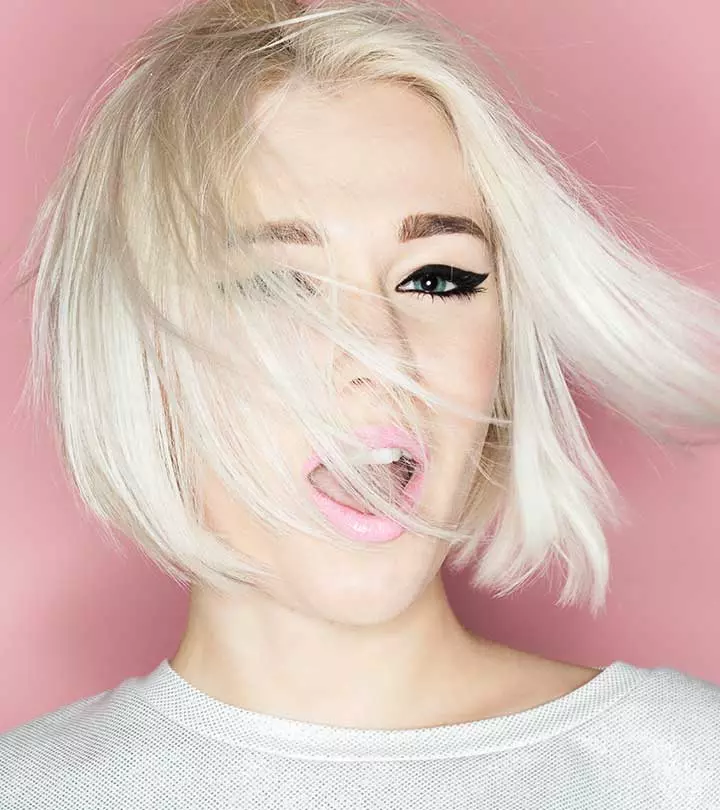
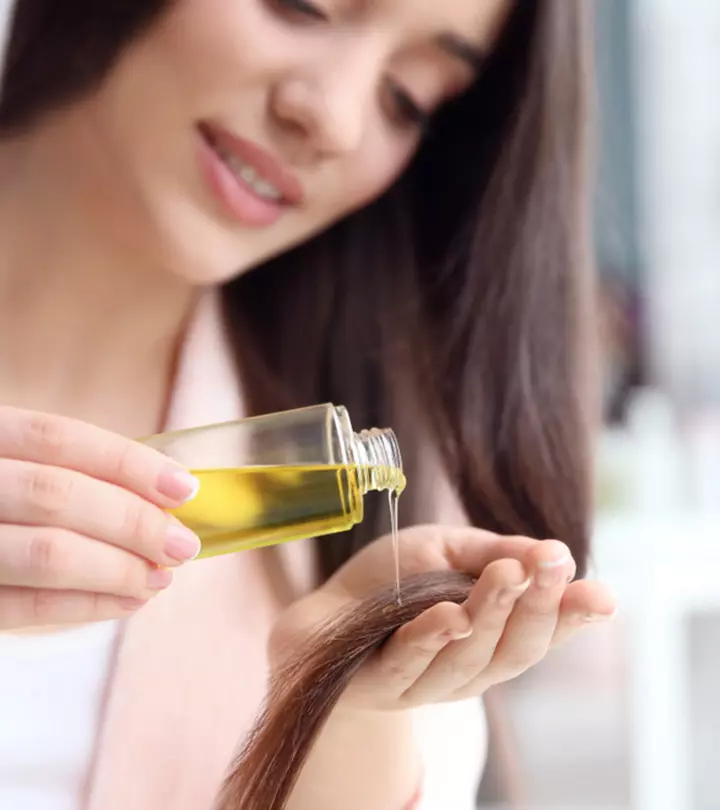
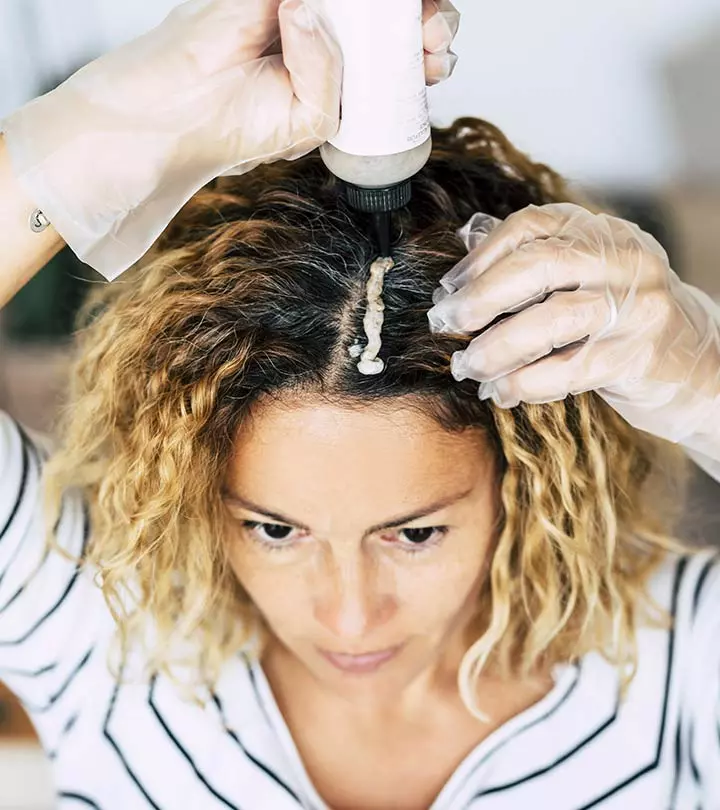
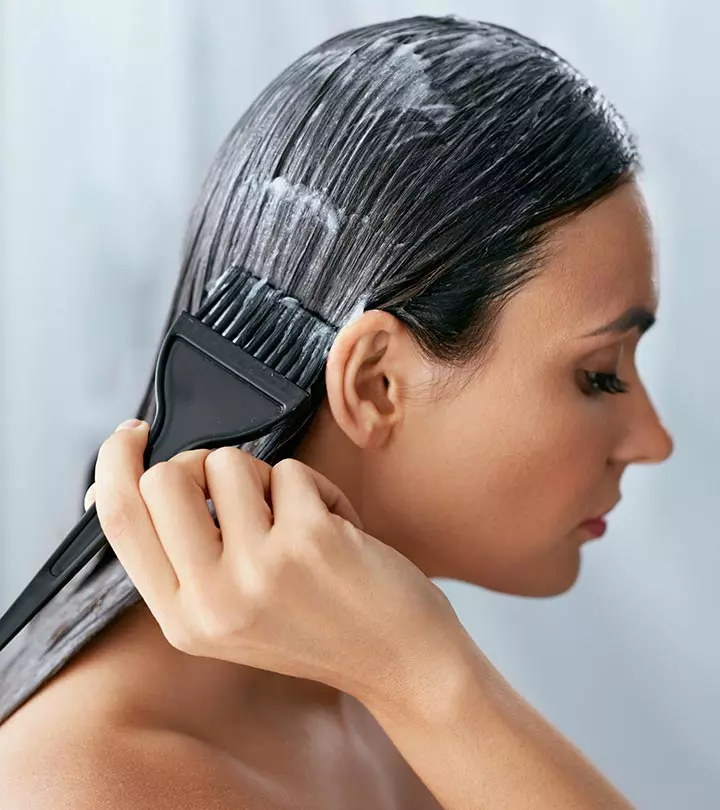

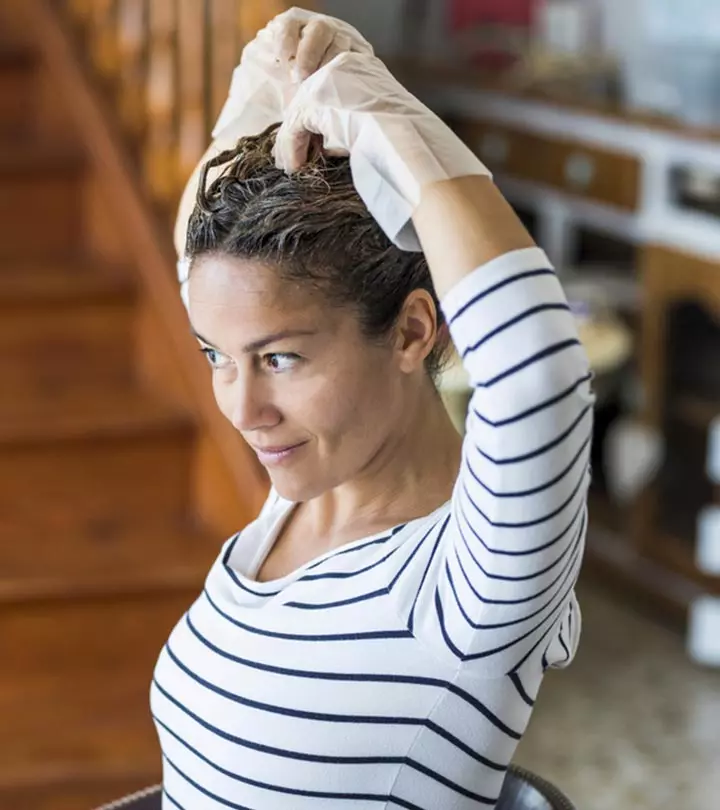

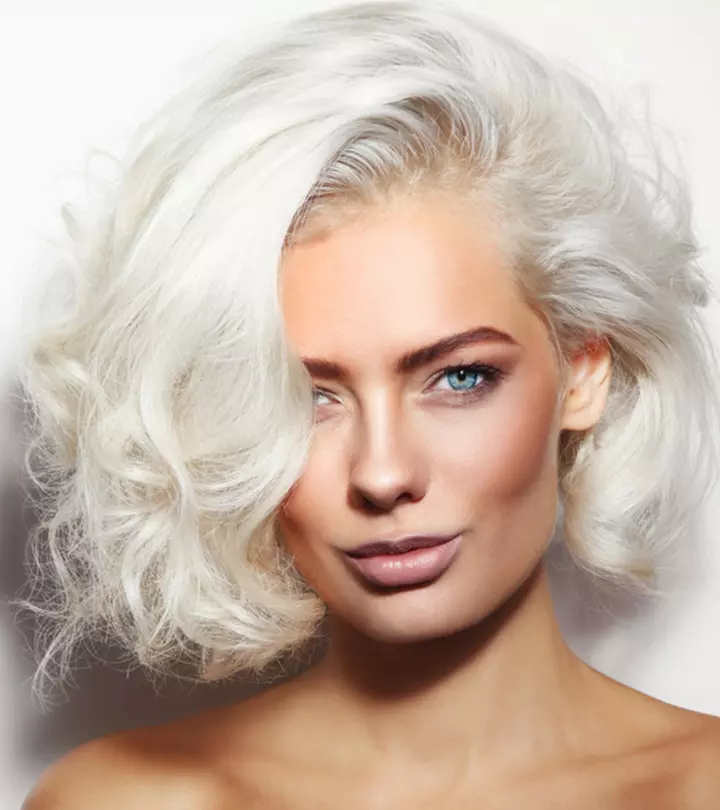
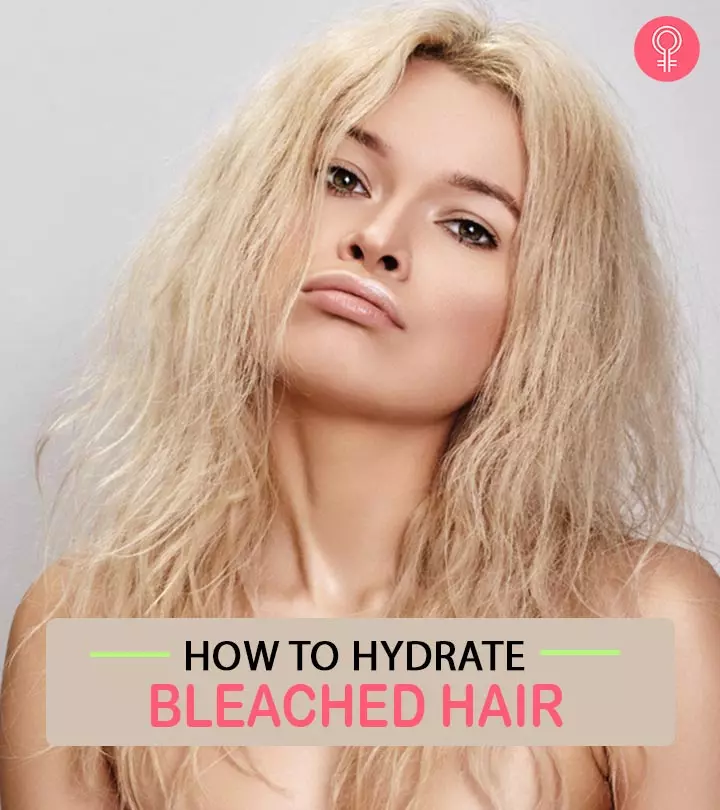
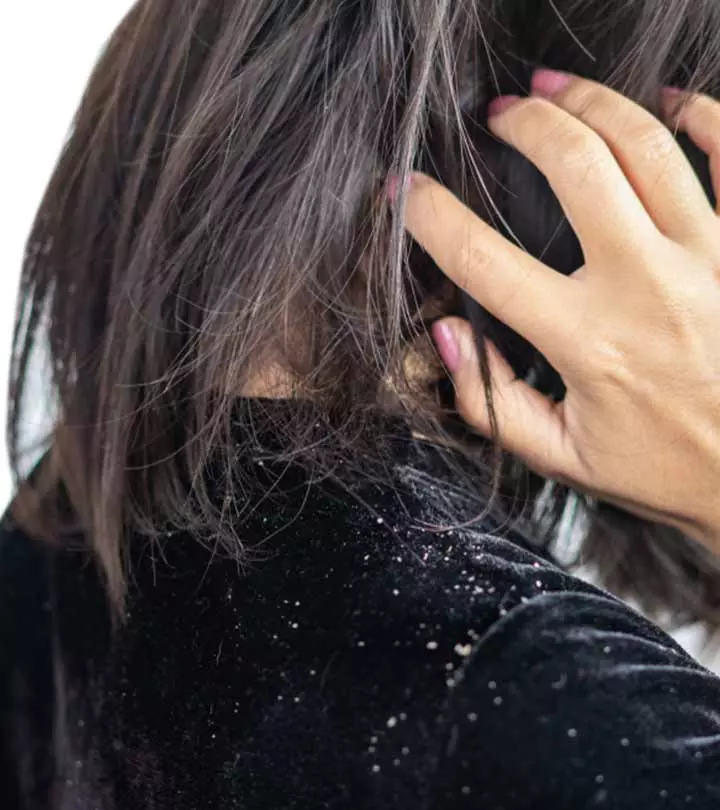
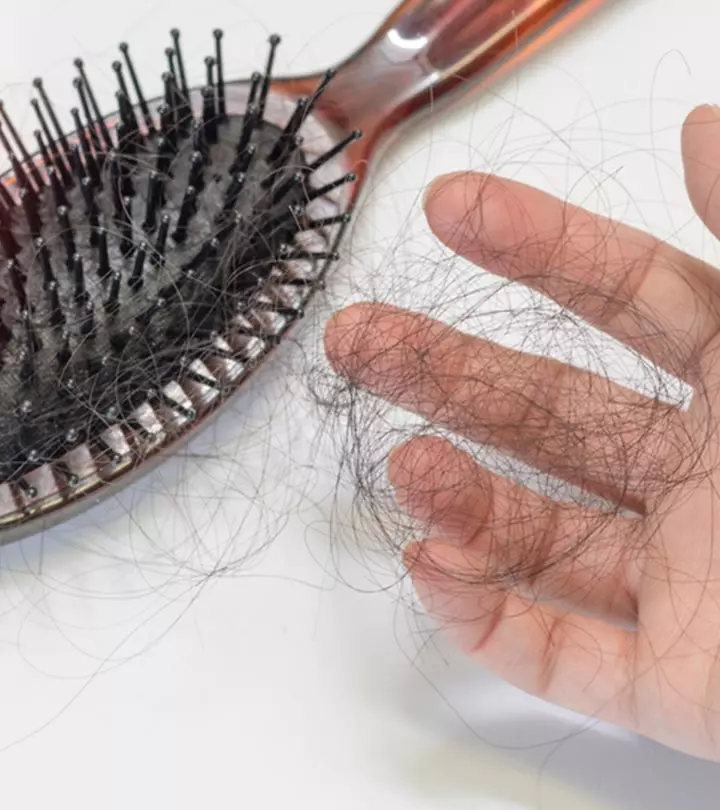
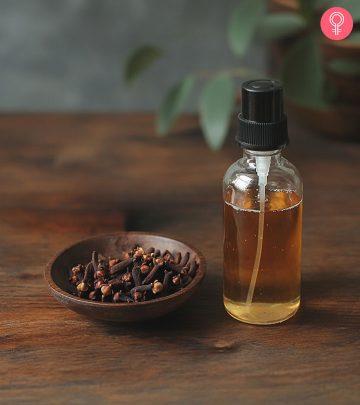

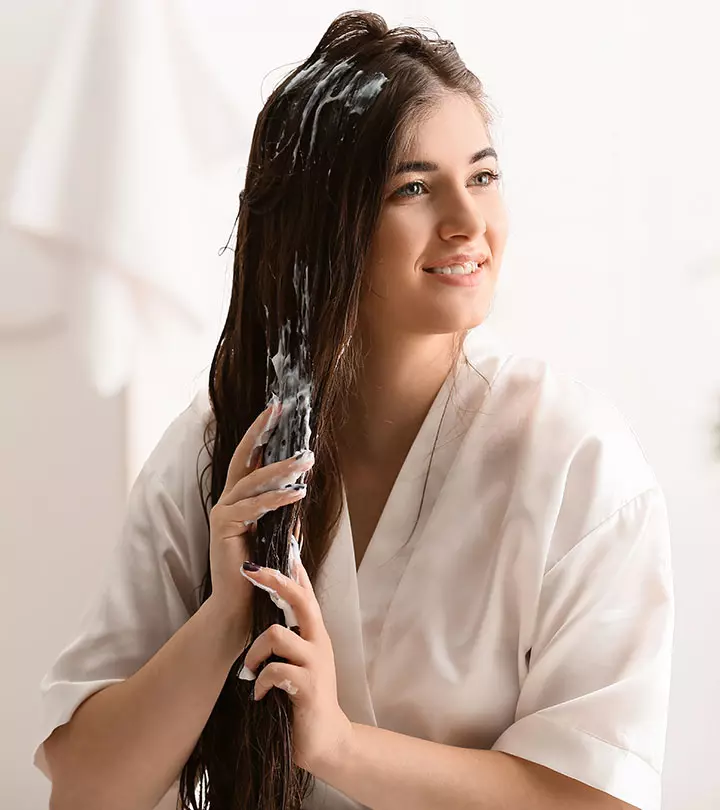

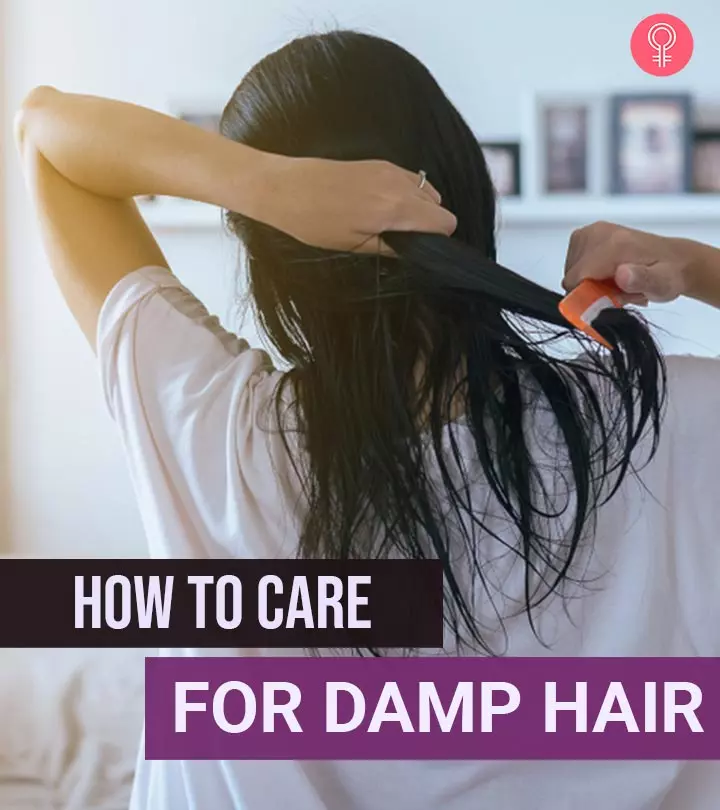
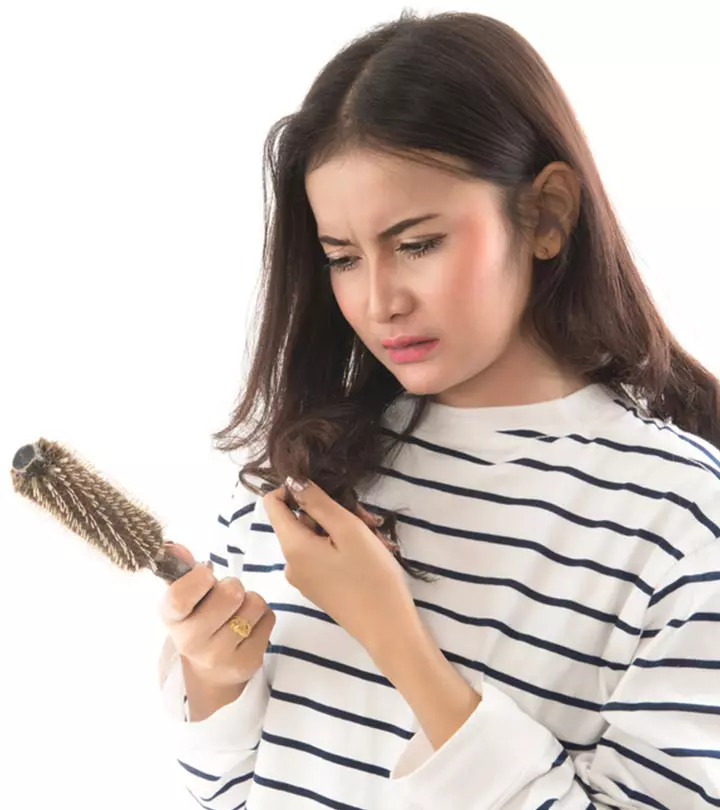

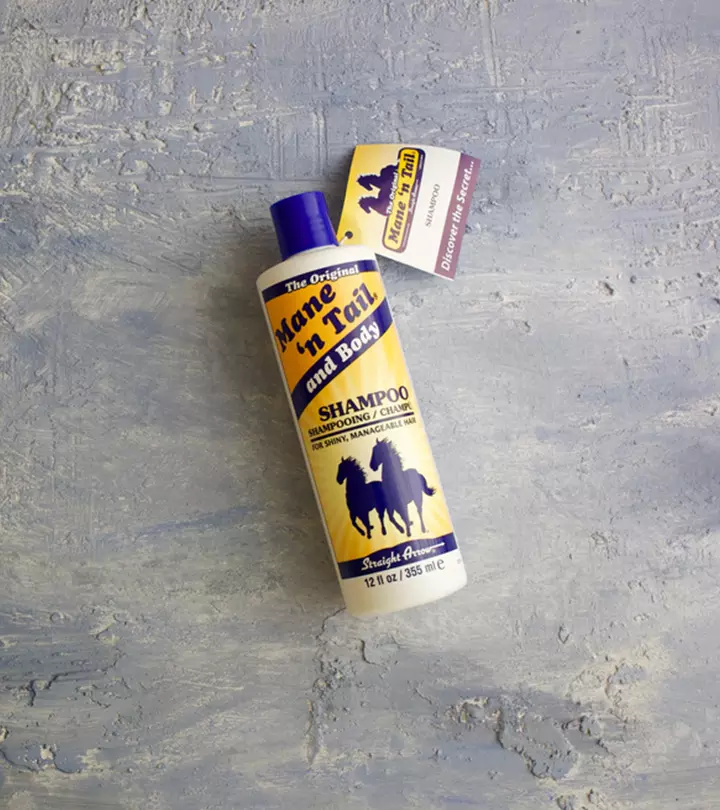

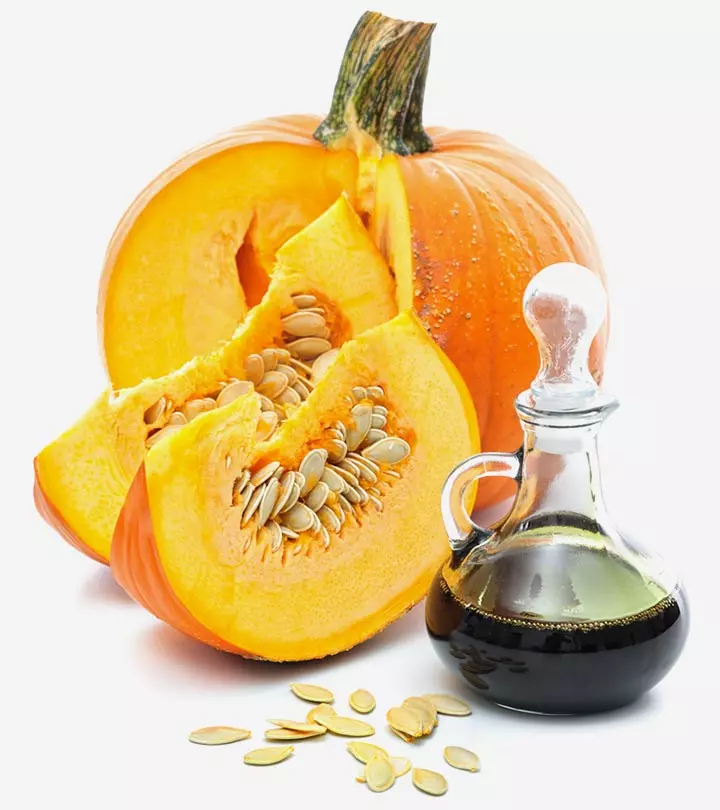
Community Experiences
Join the conversation and become a part of our empowering community! Share your stories, experiences, and insights to connect with other beauty, lifestyle, and health enthusiasts.